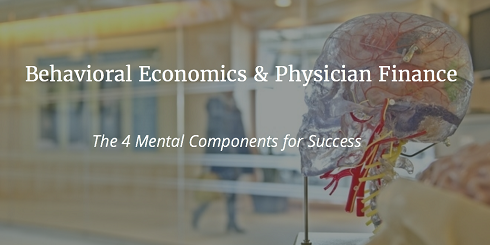- Revenue Cycle Management
- COVID-19
- Reimbursement
- Diabetes Awareness Month
- Risk Management
- Patient Retention
- Staffing
- Medical Economics® 100th Anniversary
- Coding and documentation
- Business of Endocrinology
- Telehealth
- Physicians Financial News
- Cybersecurity
- Cardiovascular Clinical Consult
- Locum Tenens, brought to you by LocumLife®
- Weight Management
- Business of Women's Health
- Practice Efficiency
- Finance and Wealth
- EHRs
- Remote Patient Monitoring
- Sponsored Webinars
- Medical Technology
- Billing and collections
- Acute Pain Management
- Exclusive Content
- Value-based Care
- Business of Pediatrics
- Concierge Medicine 2.0 by Castle Connolly Private Health Partners
- Practice Growth
- Concierge Medicine
- Business of Cardiology
- Implementing the Topcon Ocular Telehealth Platform
- Malpractice
- Influenza
- Sexual Health
- Chronic Conditions
- Technology
- Legal and Policy
- Money
- Opinion
- Vaccines
- Practice Management
- Patient Relations
- Careers
Behavioral Economics: 4 Mental Components for Financial Success
This article discusses 4 components of behavioral economics and how that is affecting physician personal finance as well as compensation.

he field of behavioral economics is based on the premise of developing a framework around how one's psychological nuances affect their ability to make objective economic analyses. These very nuances in turn ultimately dictate the choices we make, for better or worse.
In personal decisions, your ability to make an objective economic analysis is greatly influenced by your set habits and behaviors, the effect of which can be tremendous and far reaching in terms of our financial well-being and success.
A good and fairly quick read that explores the components that go into habit formation and how habit formation can be explored is Pulitzer winner Charles Duhigg's book, “The Power of Habit.”
So how does this influence you as you go about your daily activities?
The power of building financial habits that take into account your behaviors will provide you with the highest probability of sustaining a desired and positive outcome. Hence, why the quote that, “the journey of a thousand miles begins with a single step” has become so common.
The most difficult steps are usually the first few, until the formation of habit gives the winds of inertia momentum to push you forward.
It's no secret, that the farther the financial goal the more difficult it becomes, as evidenced by the statistic that nearly 1 in 5 people in the US are not saving at all. However, your effort becomes monumentally easier when you build habits that make the right choice the easy choice by simplifying your process and keeping it simple.
One of the more common terms being discussed in relation to physician personal finance as well as compensation structure is the concept of Loss Aversion; wherein it is proposed by Kahneman and Tversky that our "losses loom larger than[our] gains."
• Loss Aversion is when the thought and actual experience of losing is substantially more painful than the pleasure we experience through gain. This concept plays into whether we engage in risky as well as risk-averse transactions, and how often.
o The problem here lies in that many of our financial decisions should be objective and unemotional, but we inherently tend to make decisions based on emotion. Thus, you can use this tendency to your benefit by making loss more visible.
o Hence, the benefit of tracking your finances on a regular basis with a reliable program that becomes part of your habit. The act of making the loss of unaccounted funds visible should in turn cause you to make the extra effort to avoid further loss.
o The same concept is being applied in the new physician compensation and incentive structures that clearly show the possibility of loss if certain benchmarks are not met. The intent being we are more likely to adhere because at the end of the day the “losses loom larger than the gains.”
•
Increasing Complexity. As the choices in front of you increase, your ability to discern and make the best rational choice decreases. The more you can simplify the decision making, in this case your personal financial strategy, the better.
•
Inaccurate Forecasting. It has been shown time and time again that we tend to be overconfident in our ability to forecast and thus tend to overestimate the immediate cost-benefit of a decision whilst discounting the long-term benefits.
•
Relative Ranking. It drives our behavior to know how we rank relative to our peers. In terms of managing personal finance if you are curious what the median rates of saving are by age are take a look at how your peers are doing.
What habits have you put in place to maintain the behaviors that will result in the highest probability for a positive outcome?
Sources:
